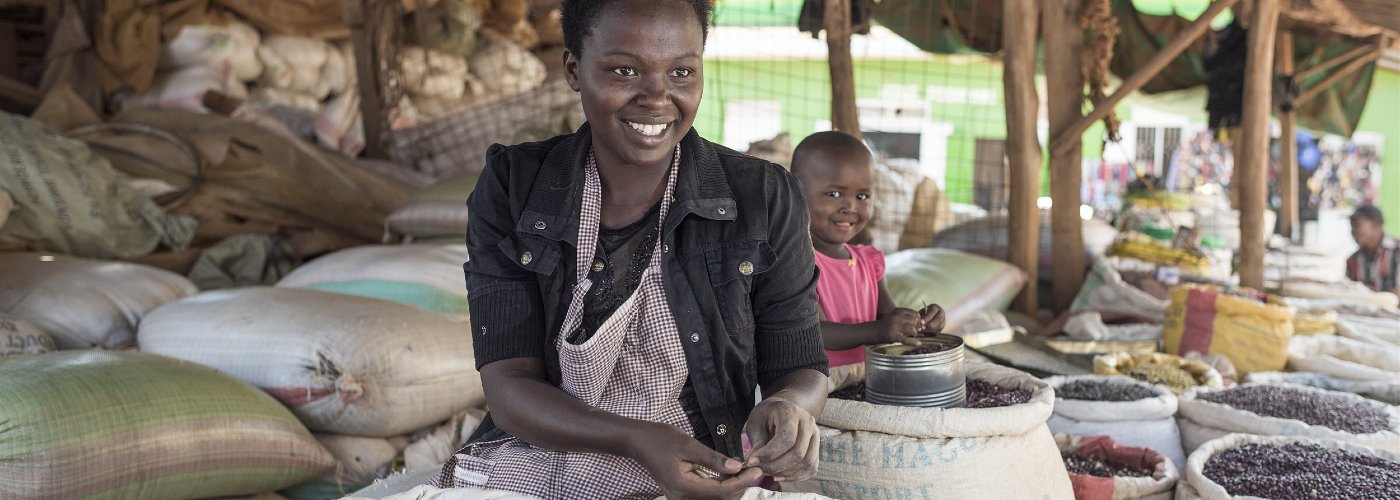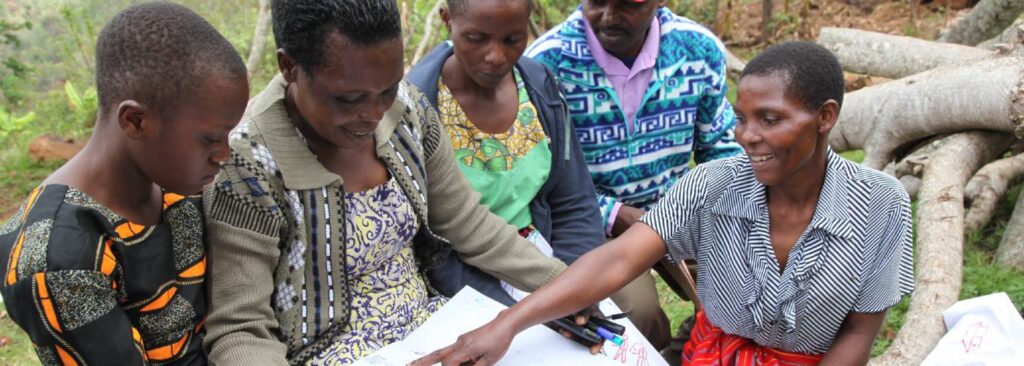Rural Women Cultivating Change (RWCC) Project in Kenya
About Hivos
Hivos is an international development organization guided by humanist values. Together with citizens and their organizations, we aim to contribute towards just, inclusive and life sustaining societies where people have equal access to opportunities, rights and resources. We work in partnership with others in the Middle East, Africa, Asia and Latin America on three impact areas: Civic Rights in a Digital Age; Gender Equality, Diversity and Inclusion, and Climate Justice. Our approach is solution driven, and we build wider movements for change by amplifying and connecting voices.
Task: Consultancy to map incubators/SMES for women-led enterprises in both formal and informal sectors in biodiversity-based/food and seed value chains.
Region: Kenya
Deadline: September 25
Rural Women Cultivating Change (RWCC) Project
Implemented in Kenya, Tanzania and Ethiopia, the RWCC project aims to shift the cultural attitudes and structures that limit young and adult rural women (particularly women small holder farmers, female heads of households (FHHs) and survivors of Sexual Gender Based Violence (SGBV)) allowing them to take control of their own lives, advocate for themselves and others and take leadership within communities and beyond. Using gender transformative, participatory agroecological, women leadership approaches and reinforcing interventions aimed at preventing SGBV, the project focuses on the intersection between women’s rights and climate adaptation in order to better support sustainable and equitable resource management, agricultural production and access to markets. It further alleviates poverty through reduced personal and collective vulnerability to social, economic and climate shocks.
The project targets remote rural regions of Ethiopia, Kenya and Tanzania where farming is the primary occupation and principal use of women’s labor, to undertake work at the intersection of women’s rights and climate adaptation. The Project targets a number of areas, including North Wollo Zone of Amhara Region in Ethiopia; Baringo, Nakuru, Laikipia and Kitui counties in Kenya; and Morogoro and Gairo District Councils of Morogoro, Babati and Mbulu District Councils of Manyara and Mwanga and Same District Councils of Kilimanjaro Regions in Tanzania. The Project works in collaboration with women’s rights organizations (WROs) and agricultural based organizations to support climate adaptation, increase food security, enhance gender equality, reduce sexual and gender-based violence (SGBV), and improve livelihoods for rural women.
One of the intermediate outcomes of the project is enhanced benefit for Y/A women, particularly from FHHs, in climate-resilient and local food systems including income-generation
Purpose, scope and objective
Hivos seeks a consultant to map incubators/SMES for women-led enterprises in both formal and informal sectors in biodiversity-based/food and seed value chains. Women-led businesses account for a substantial number of SMEs and it’s therefore crucial that they are well-positioned for growth. To close this gap, there is a need for knowledge building, as well as funding that is customized to remove barriers and eliminate the bias that women founders and women entrepreneurs face.
Continuous equipping of women-led SMEs in agro-biodiversity with the necessary skills and tools to maximize their business models to access advisory and financial services drive change and flourish in the broader landscape is a priority for the RWCC project. Hurdles like lack of control of resources, being boxed into lower return activities, and limited to no access to land ownership are just some of the challenges facing women and youth in Kenya’s agricultural entrepreneurship.
The overall objective of this exercise is to map out and document existing local incubators and SMEs owned by, working with or supporting small holder farmers in formal or informal sectors in agricultural production/ agribusiness, bio-diversity, food and seed value chains. They should be operating in Kenya, and specifically in the four project counties, Baringo, Nakuru, Kitui and Nakuru.
The exercise will seek to understand and document the SME /incubator, their geographical coverage/spread, registration status, their strategic objectives, their specific locations of operation, their target group, contact details and physical address for their offices.
The SME /incubator must be founded or co-founded by a woman with an equal or majority stake and the founder or co-founder must be over 18 years old and Kenyan. The business models must have a clear focus on agriculture, agro-biodiversity. The SME/incubator must be six months to less than five years in operation.
Expected outputs
The expected outputs/deliverables from this assignment are:
- Inception report detailing the proposed methodology and work plan for the study.
- A draft report.
- A final report documenting the SMEs/incubators in the four project counties.
Time frame
It is expected that the report should be finished within 45 working days from the date of engagement.
Skills and qualifications of consultants
We are looking for consultants/team with the following skills and qualifications:
- Demonstrable expertise in agriculture, climate change, food systems and gender and a master’s degree in the relevant field, and a minimum record of ten years in the fields mentioned.
- Have experience working/research among smallholder farmers especially in rural areas.
- Strong practical, analytical, research and evidence-based climate change and agriculture advisory experience.
- Extensive research and policy circle networks in the country and the respective counties are an advantage.
- Knowledge of House Hold Methodologies, specifically GALS is an added advantage.
Application process and requirements
Qualified and interested parties are asked to submit the following:
A detailed technical and financial proposal clearly demonstrating a thorough understanding of
this ToR and including but not limited to the following:
- Company profile (where applicable).
- Description of the methodology and work plan.
- Demonstrated previous experience in similar tasks and other qualifications outlined in this ToR.
- Team composition ( if applicable)
- A detailed budget with breakdown of costs for the study.
All proposals should be sent electronically with attachments in pdf and a subject line: RWCC Project Consultancy to map women led SMEs and Incubators to eastafricajobs@hivos.org no later than 25th September 2022.


